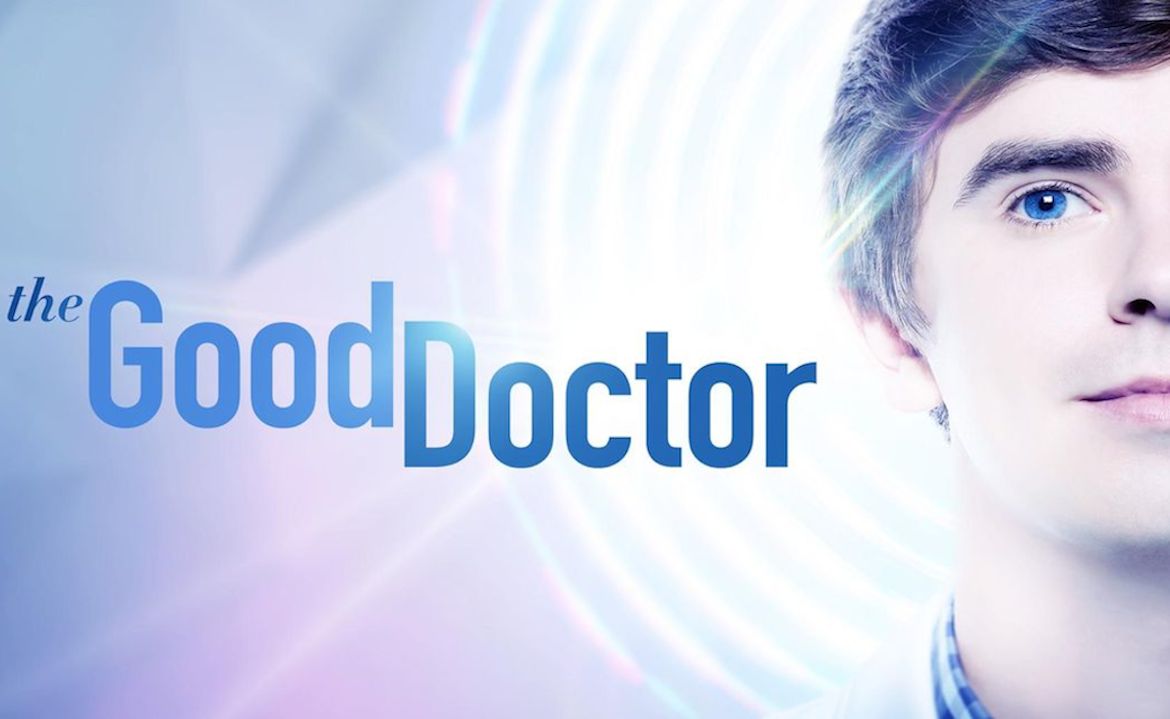Carmen Cuñat – Humbles

“The real, I would say, is the mystery of the speaking body, it is the mystery of the unconscious” (1).
Neuroscience, neuroscientists and their followers are definitively pretentious. You only need to see one of the trendy series, The Good Doctor (2), in order to get an idea of their pretension, which is none other than reveal once and for all, the mystery of the speaking body, the mystery of the unconscious. What is curious is that this supposed knowledge (of the real) is placed in a being with an exceptional brain. The principal character, a young surgeon, is diagnosed with the conditions of autism and “savant syndrome”. His abilities, because there could be no other way, allow him to quickly see the organs dysfunction, localize it in the cerebral scans and decipher it with mathematical formulas in order to find a solution to the problem as soon as possible. The surgical team intervenes with cutting-edge technology, 3D included. The only obstacle that they find is that there is not enough casuistic to be 100% certain that there will be no error, given that, the entire law enforcement could come crashing down on them. Other things can happen as well: they decide to intervene the brain of an anorexic patient that refuses to eat. The risk is that she may suffer from flat affect symptom and cannot show love to her son anymore. They decide to go ahead with the procedure and the feared consequences appeared. We would need to ask the screenwriters if this episode is about denouncing malpractice. Nothing is certain. What is certain is that the screenwriters have consulted with many experts in order to make this phantasy possible, medical experts, tech companies, pharmaceutical companies, etc. What is amusing about the series is that the young protagonist is willing to fall in love and, despite all his knowledge, cannot connect with a young woman. His autistic symptoms do not allow it, even though we know it will eventually happen. It would be interesting to see how the screenwriters will make possible a relationship between the sexes, because the show is about that as well: making possible the scientist’s dream without the obstacle of the real, in this case the real of sexuality. Needless to say, where medical knowledge stumbles, the cognitivist ideology comes to the rescue with a doss of emotional intelligence. The magic word that, by only naming it, dissolved the doubts, the impasses, the failures, the anxiety and the ethical rigor.
Lacan taught us to be humble. Without discarding the real, without pretending to appropriate it, he oriented us to the real of psychoanalysis, a real without pretensions that shows the opacity of the jouissance of the symptom as an event of the body, and the unconscious as a hole. Lacan motivated us to operate with that, and all that as a result of the contingency of the one-by-one encounter, dismissing having any certainty with a casuistry. Pipol invites us again to transmit these encounters to assert our practice.
Translator: Alejandro Betancur Vélez
Re-read by Lorena Hojman Davis
- Lacan, J., Seminario XX, Aún, Paidós, Buenos Aires 1975, p.158
- The Good Doctor is an American medical drama television series, developed by David Shore and Daniel Dae Kim, produced by Sony Pictures Television and ABC Studios.

